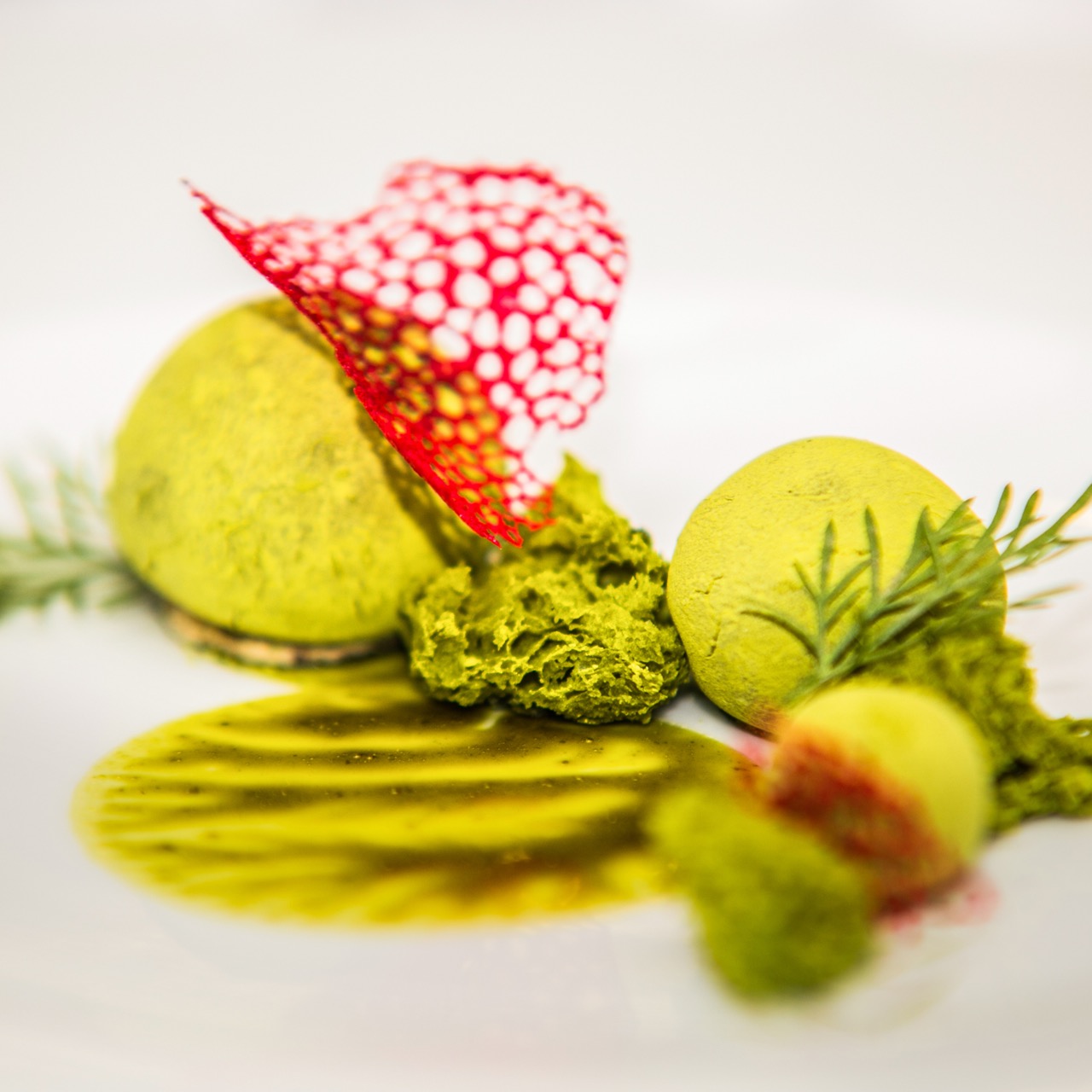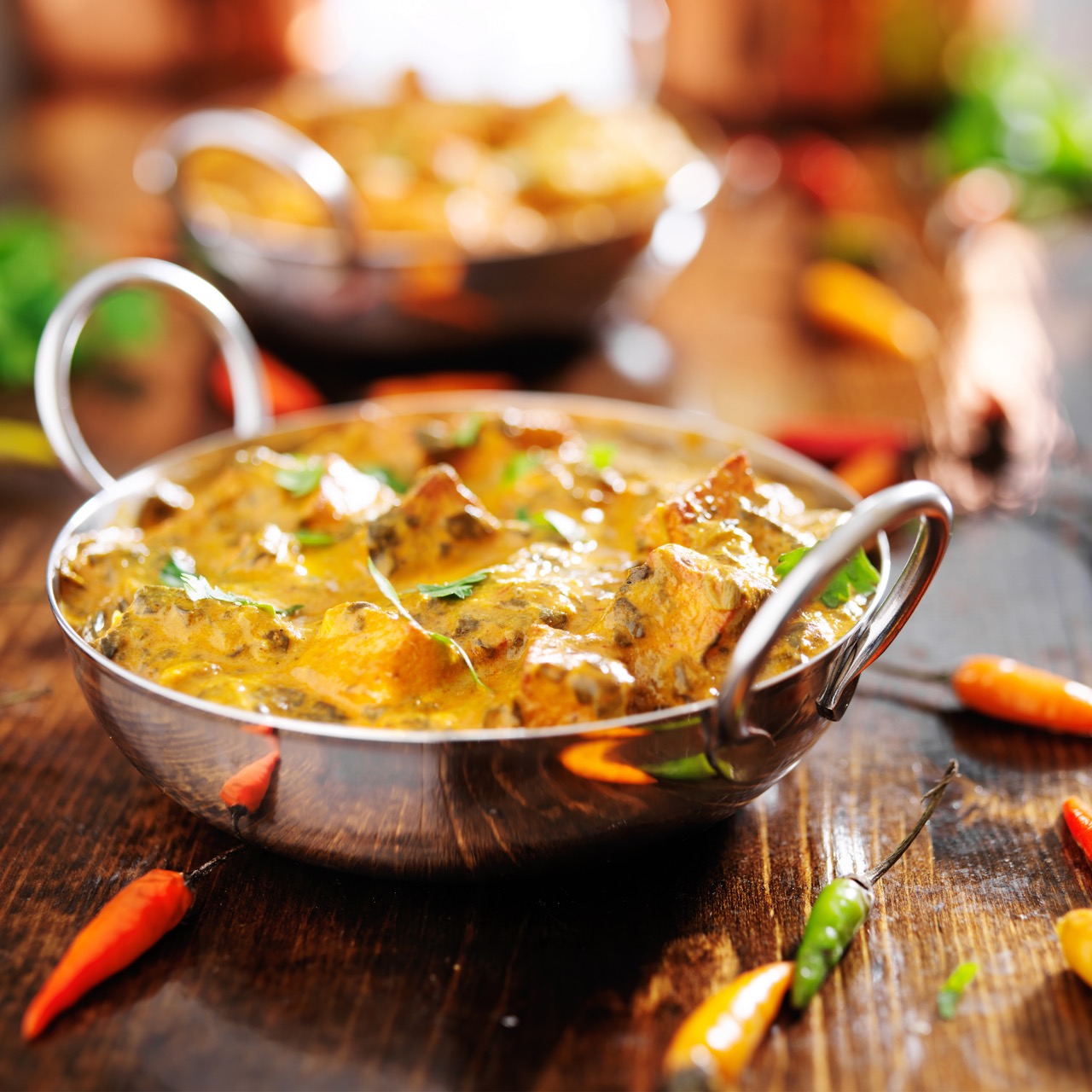Specialty & Provenanced
Provenance and authenticity are two of the leading trends driving growth in the food and beverage industry. Consumers are increasingly interested not only in supply chain transparency due to environmental reasons, but also in food and beverage products that tell a story, maybe anchored in heritage and trust, and perhaps still made in a traditional, artisanal way. The success of craft beer, leading to a proliferation of microbreweries everywhere, offers but a sip of what opportunities provenance and specialty positioning could offer to food and drink creators. According to recent research by Innova Consumer Survey, six out of ten global shoppers are interested in learning more about where their food comes from, and this is only partially linked to ethical consumerism. Provenanced ingredients build trust, provide authenticity and credibility, and offer unique experiences and stories to confused consumers, looking for exciting new taste journeys in an era of repeated lockdowns.

Unique Experiences
Consumers are increasingly looking for unique, fascinating stories behind their food and drink products, such as “hand-picked”, or a focus to specific regions (exclusive origin), or special varieties. This is not only linked to a need for more transparent foods, but also to the need of premium taste experiences in an era when travel is difficult and access to far-off places is often limited if not precluded.

World Flavours at Your Fingerlips
Consumers have been travelling through their tastebuds for months now, to avoid food fatigue and find a rewarding escape from the stresses of a pandemic world. This has resulted in new opportunities not only for tropical flavours, but also for everything ethnic and exotic, including plant-based dishes with an exotic twist. Asian cuisine in general has won new consumer shares during the pandemic and the soaring of home delivery services. But South American cuisine has performed well too, as Turkish and Middle Eastern staples: when people cannot physically travel, they tend to explore far-off, fascinating, and intriguing places through their tastes and textures.

Ethical Consumption, Fairtrade, Organic
Organic and Fairtrade sales have soared since the Covid-19 breakout, in line with ethical consumerism and circular economy trends, and the need for transparency in sourcing and processing. Increased eating at home trends, along with concerns about personal health and immunity, have strongly contributed to the category growth. Organic and Fairtrade labelling and sourcing growth responds to the consumers’ concern about the origin of raw materials and supply channels and is linked to an increased interest in regionality and local purchases. According to New Hope Network, “organic product appeal for millennials and Gen Z shoppers now extends beyond their families and into more than issues of food and farming. They also choose organic food for its human and animal welfare practices and for its sustainability and transparent supply chain stories”.
